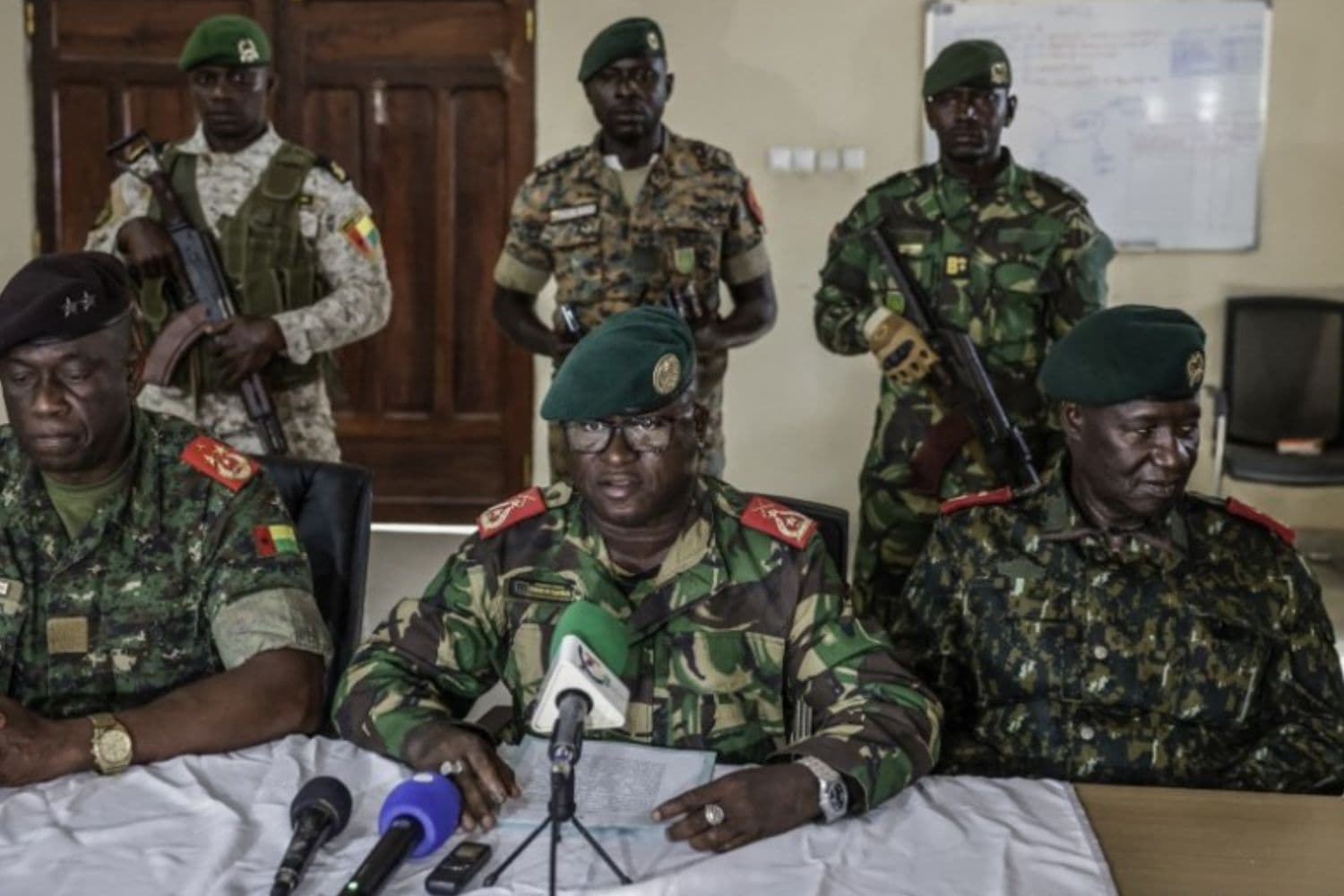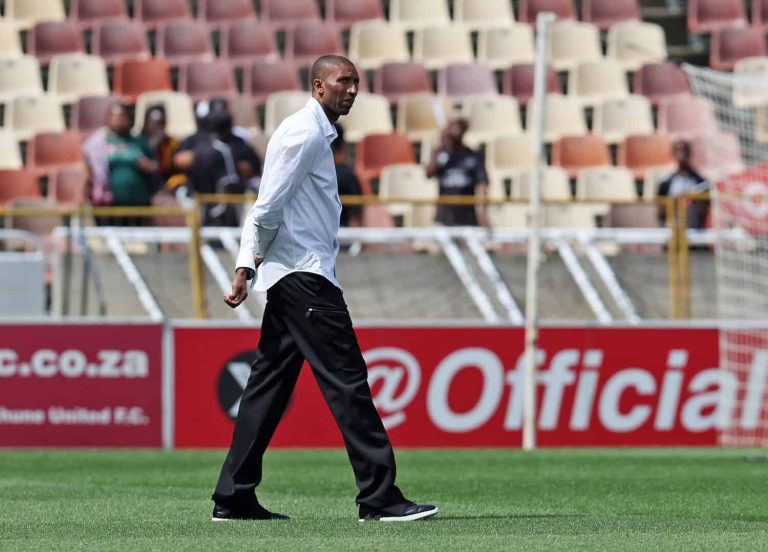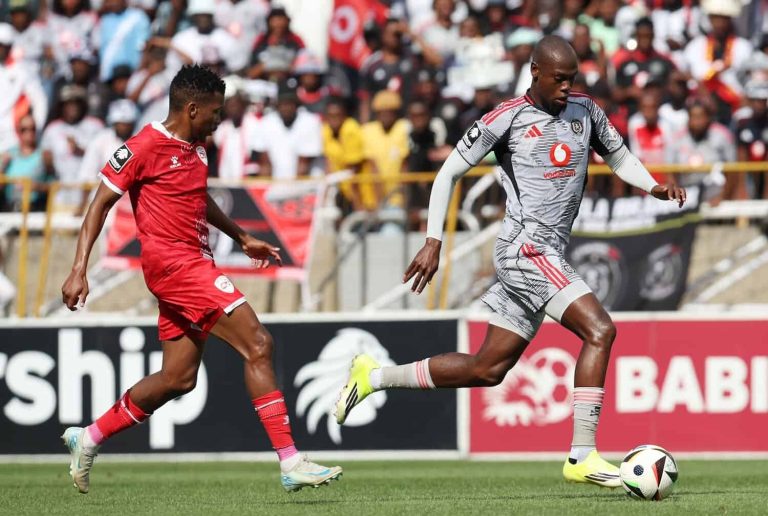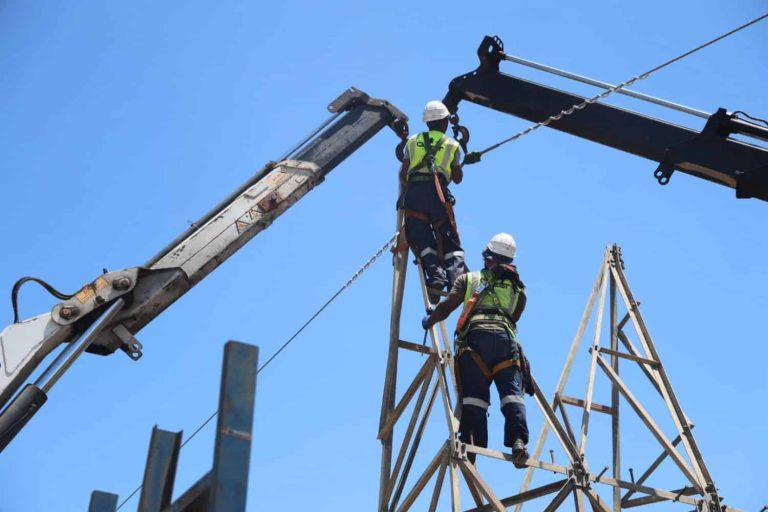
South Africa has condemned the “unconstitutional seizure of power” by military elements in Guinea-Bissau.
A group of officers on Wednesday said they had seized “total control” of the coup-prone country, suspending the electoral process as Guinea-Bissau awaited the results of last Sunday’s vote, which President Umaro Sissoco Embalo had been expected to win.
New leader
The military appointed a general as the country’s new leader for the duration of one year on Thursday, a day after seizing power.
After taking the oath of office in a ceremony at the military’s headquarters, General Horta N’Tam, chief of staff of the army, declared that “I have just been sworn in to lead the High Command.”
Having served as the chief of staff of the country’s army, N’Tam is considered to have been close to President Embalo in recent years.
ALSO READ: African Union expresses ‘concern’ over dissolution of Guinea-Bissau parliament
Seizure of power condemned
President Cyril Ramaphosa’s spokesperson, Vincent Magwenya, said South Africa condemns the seizure of power.
“The timing of this act, during a critical phase of the democratic electoral process, demonstrates a profound disregard for the constitutional order and the sovereign will of the people of Guinea-Bissau.
He said SA was “in unwavering support of the African Union’s principle of ‘zero tolerance’ for unconstitutional changes of government.”
Calls for civilian government
The government has called for the immediate restoration of the legitimate civilian government and the “unhindered completion of the electoral process.”
“We urge all national stakeholders to pursue peaceful dialogue and affirm our commitment to work with the African Union and ECOWAS to support a swift return to constitutional order and lasting stability in Guinea-Bissau,” Magwenya said.
Sandwiched between Guinea and Senegal, Guinea-Bissau has experienced four coups since independence from Portugal in 1974, as well as multiple attempted coups.
Guinea-Bissau is among the world’s poorest countries and is also a hub for drug trafficking between Latin America and Europe, a trade facilitated by the nation’s long history of political tumult.



